class: center, middle, inverse, title-slide # War, Technology & Innovation ## Marine Chronometers ### Jack McDonald ### 2019-10-07 --- class: inverse # Discussion Question .question[ Do any inventors deserve all the credit for their inventions? Can you think of any examples of those that do? ] ??? Technics & Civ, Ch.1 Mumford's machine/tool distinctions - Machines: automatic, specialised - tools: manipulation, flexibility machine-tools: accuracy of machines plues skilled worker Utensils, apparatus, utilities - utility and apparatus neglected in research/focus Churches and canonical hours: how do you toll seven bells in 24 hours? Habit of order -> ordered societies 1370: Modern clocks "The clock, not the steam-engine, is the key machine of the modern industrial age." p.14 "Abstract framework of divided time" p.16 "The merchant accumulated capital by widening the scale of his operations, quickening his turnover, and discovering new territories for exploitation: the inventor carried on a parallel process by exploiting new methods of production and devising new things to be produced." p.26 Technics is about disassociation with nature pp.32-33 Dream of conquering nature (magic) becomes science at some indefinable point Machines lead to regimentation of society "_To fix attention upon a mechanical system was the first step towards creating system: an important victory for rational thought_." p.47 "The unwillingness to accept the natural environment as a fixed and final condition of man's existence had always contributed to both his art and his technics" p.52 Sismondo, Ch.8 (Actor-Network Theory) Callon, Latour, Law's study of _technoscience_ (not separating the two) generates a general social theory Technoscience = creation of larger, stronger networks Humans and non-humans form associations, have interests Actors are therefore heterogeneous - no significant distinction between humans and other actors BUT, actors are actants - things made to act Very focused on low level - grand theory/action at a distance is product of manipulations of linkages Weird way of describing the world: "Microbes were not merely entities that Pasteur studied, but agents with whom Pasteur built an alliance." p.84 But where do you get a definition of success from? Contribution: ANT explains centrality of science & technology to the idea of modernity, because technologies reshape the field of agency, get agency delegated to them. Configurations become complex, non-understandable, black boxes Relational theory - objects defined by relations, not isolated descriptions of objects Supersymmetric - both material and social represented as networks ANT doesn't pay attention to culture/practice (rationalistic) ANT focuses upon "heroes" - what about marginalised figures/groups? Is ANT constructivist or realist? --- # Lecture Outline .pull-right[ - Why Invent Things? - What is a Marine Chronometer? - Machines, Precision, and War ] ??? Weekly Course Admin Notes go here --- class: inverse # Why Invent Things? ??? /// --- # Explanations for Innovation .medium[ > The unwillingness to accept the natural environment as a fixed and final condition of man's existence had always contributed to both his art and his technics. Lewis Mumford, _Technics and Civilization_ > A talented inventor and a likely antecedent are necessary, but not sufficient, conditions to create an innovation with wide social and technological repercussions. George Basalla, _The Evolution of Technology_ > Microbes were not merely entities that Pasteur studied, but agents with whom Pasteur built an alliance. Sergio Sismondo, _An Introduction to Science and Technology Studies_ ] ??? Mumford quote p.52 Basalla quote p.62 Sismondo quote p.84 Basalla: Psychological, intellectual, socioeconomic, cultural Ideas, (experiments), decisions, adoption, diffusion, (decay) --- # Structures, Agents, Networks, and Institutions Innovation is most commonly studied at the individual or laboratory level Key question: why is this technology, idea, or practice held to be the solution to a given problem? What factors shape these decisions? > In an important sense, all decision is a matter of compromise. The alternative that is finally selected never permits a complete or perfect achievement of objectives, but is merely the best solution that is available under the circumstances. Herbert A. Simon, _Administrative Behaviour_ ??? Simon quote from page 6. --- # Problems of Military Innovation .pull-left[ .medium[ Militaries tend to be highly conservative institutions, yet they do innovate successfully The benefits of military innovation are hard to measure outside of armed conflict Asymmetrical explanation of success/failure, coupled with problems of cause and effect The diffusion of military innovations is shaped by competition, conflict, and non-market factors Are we rooted in strategy, history, social science, or something else? ] ] .pull-right[  ] ??? --- class: inverse # What is a Marine Chronometer? ??? /// --- # A Brief History of Measuring Time .pull-left[ Measurement from observation of nature Construction of machines (water clocks, sand clocks, fire clocks) Mechanical clocks Sir Isaac Newton's proposition of "absolute time" in 1687 Quartz-crystal clocks - 1930s Atomic clocks - 1948 ] .pull-right[ 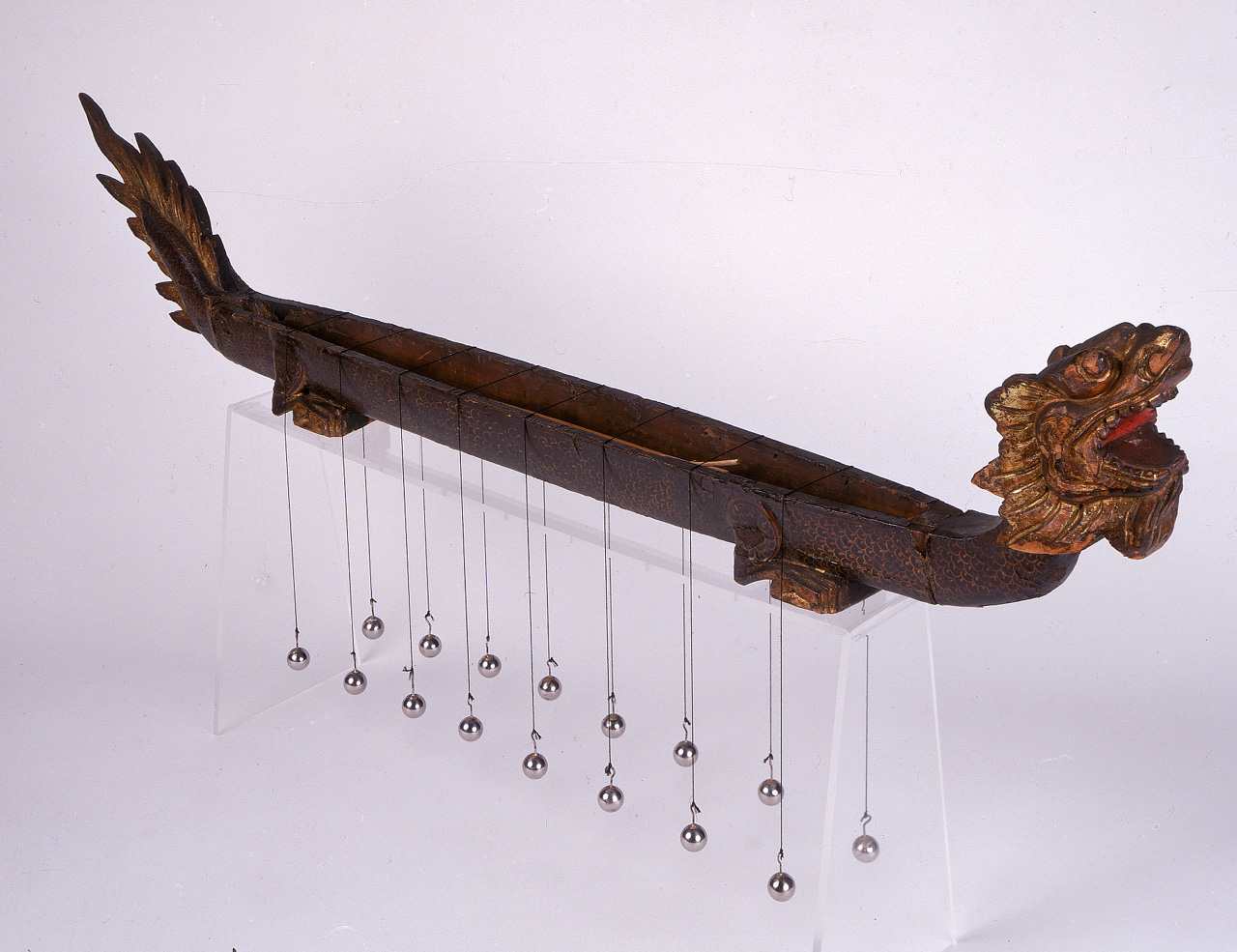 ] ??? /// --- # Precision and Mechanical Clocks .pull-left[ > If any way could be found out to make Longitude commensurable to Time, this might be the foundation of a natural Standard. John Wilkins, _Of Measure_ ] .pull-right[ 17th Century - Galileo examines the isochronic nature of pendulums, 1602 onwards - John Wilkins proposes first step towards metric system/international system of units in 1668 - Christiaan Huygens _or_ Robert Hooke figures out the isocronal properties of flat spiral spring around 1660 Resolution of minutes is possible ] ??? /// --- # The Construction of the Longitude Problem .pull-left[ 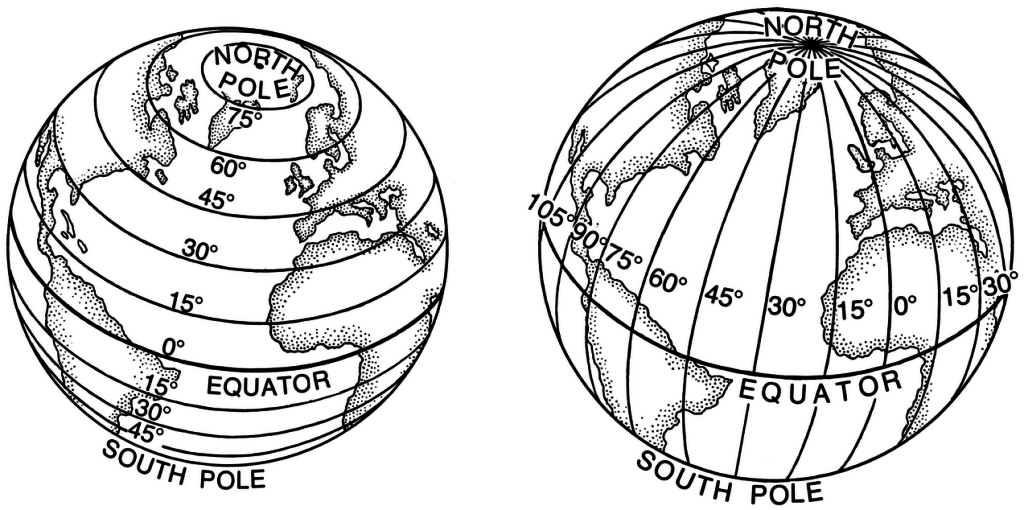 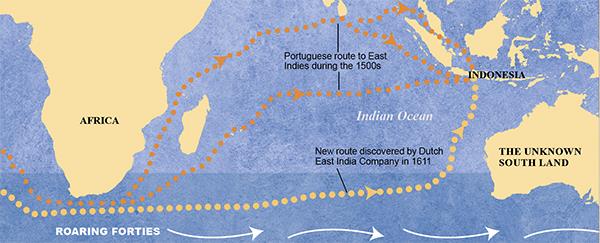 ] .pull-right[ Navigation accuracy is dependent upon available, reliable, information Figuring out your position at sea can be the difference between life and Death Latitude is a solveable problem (celestial observation), but longitude is difficult - Dead reckoning - Lunar observation - A really accurate clock that doesn't lose time ] ??? Pepper and Empire --- # How Harrison's H1-H4 Came to Be .left-column[ 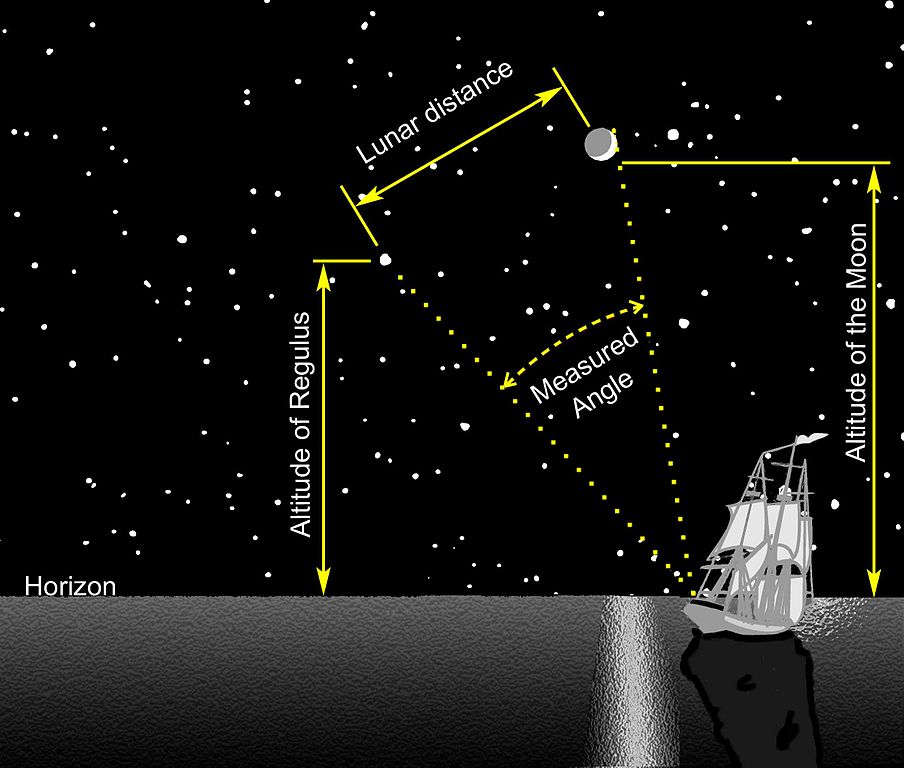 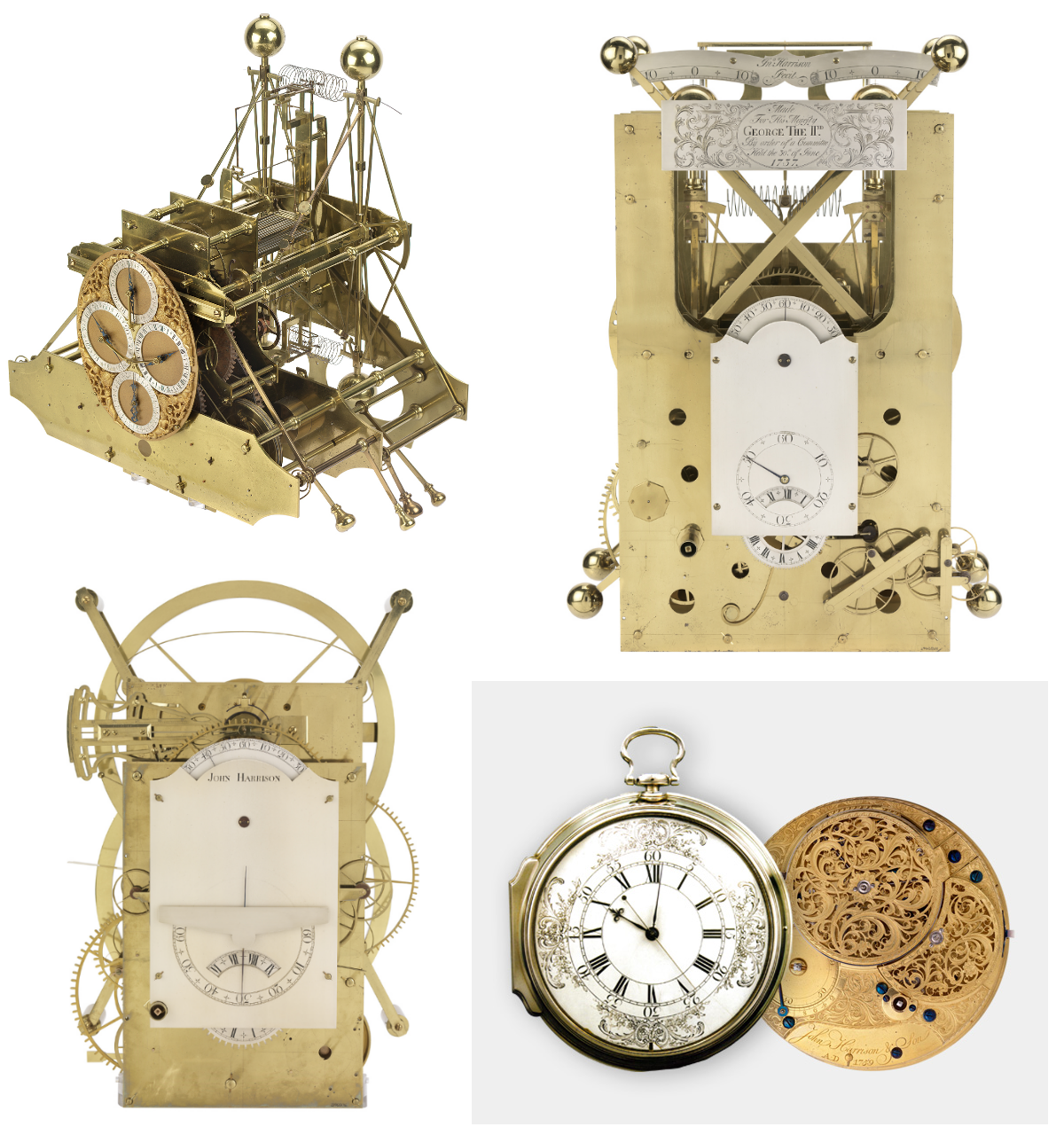 ] .right-column[ The Scilly naval disaster of 1707 The Longitude Act, 1714, and the Board of Longitude Tests: Determining Longitude to within 60, 40, and 30 nautical miles Time = longitude (Earth rotates 15 degrees per hour) Lunar distance vs marine chronometer Royal Astronomer opposition & King's Intervention ] ??? Seems to be in favour of psychological/intellectual pursuit, albeit structured by socioeconomic factors --- # What Did Marine Chronometers Do? .pull-left[ 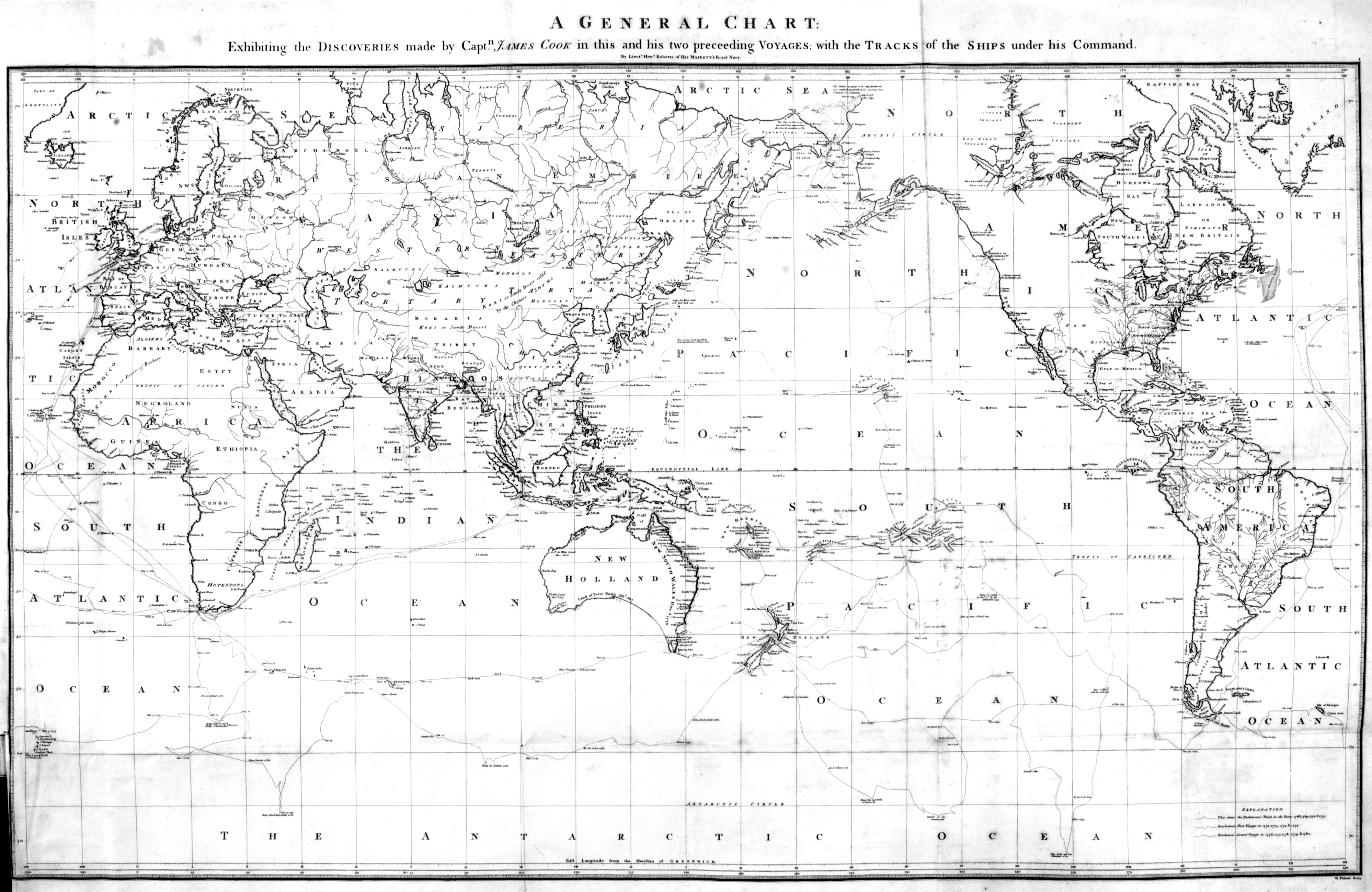 ] .pull-right[ .small[ > [Cook’s] chief memorial is the modern conception of the Pacific, derived from his superbly accurate charts, in which every island and every coastline had its latitude and longitude properly fixed for the first time through Cook’s care and Harrison’s chronometer. After Cook, no navigator could have an excuse for failing to find a Pacific island that Cook had visited or for being wrecked on a coastline appearing from nowhere. Berthon and Robinson, _The Shape of the World_ ] ] ??? quote from p.131 --- # How Did the Innovation Diffuse? > Chronometers, like early steam engines, embodied a great paradox; by contemporary standards they were instruments of high technology, although ones which continued to be produced by a pre-industrial craft system... > Chronometers, like a number of other products of British engineering, were built for durability: a working life of between 50 and 100 years was common. One, a famous example, was bought by the Admiralty in 1796, used on the Victory in 1812, and not retired until 1907. Alun C. Davies, _The Life and Death of a Scientific Instrument_ High demand, but limited market growth ??? quote from p.521 --- # When Do Innovations Die? .pull-left[ .medium[ Radio signalling allowed ordinary timepieces to be adjusted to GMT > ...if an observer on the ground could establish with precision the position of a satellite in space, then the opposite, the numerical reciprocal, could be true as well. From the position of the satellite, one could compute the exact position back on Earth of the person or machine that observed it. Simon Winchester, _Exactly_ ] ] .pull-right[ 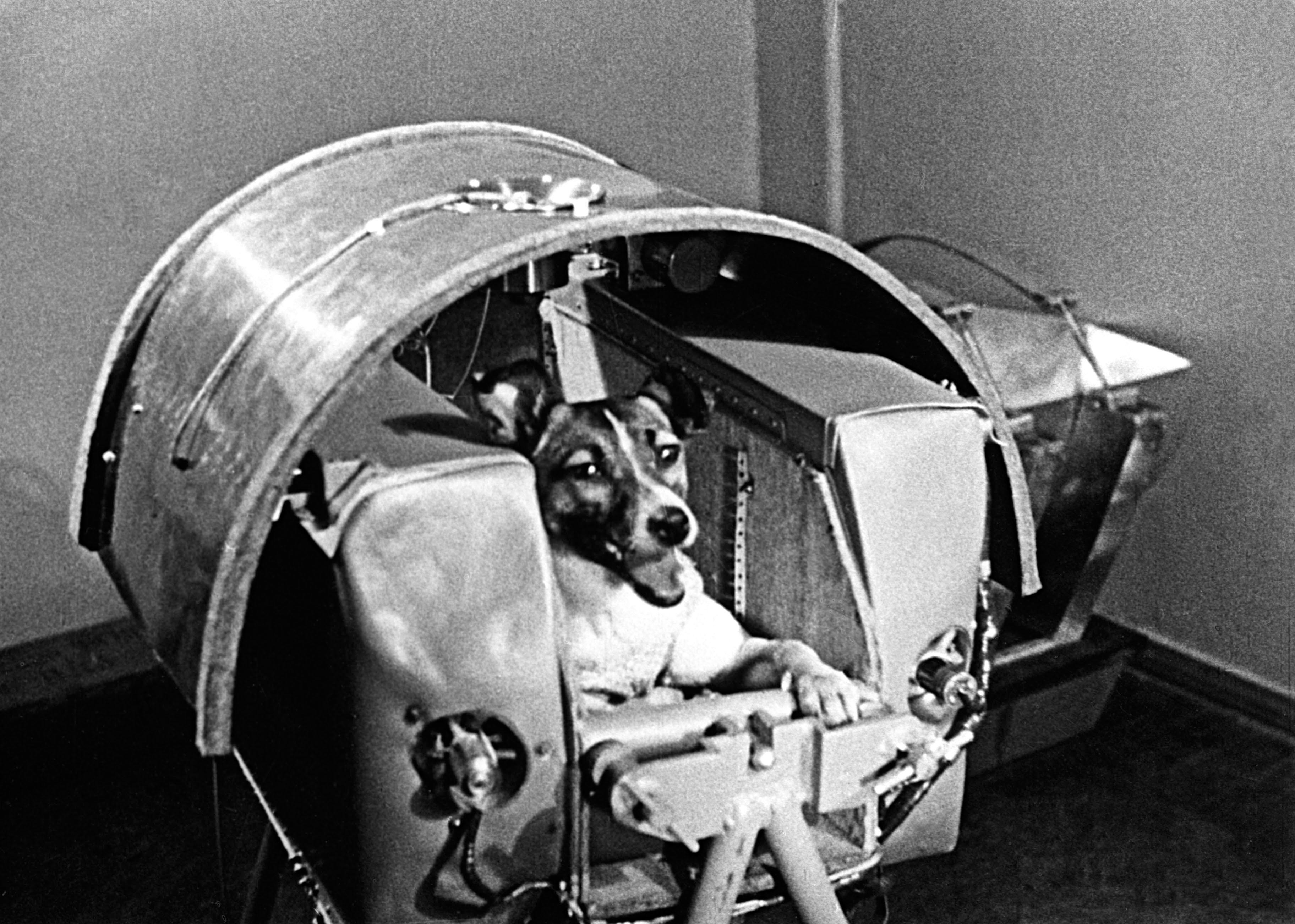 ] ??? winchester quote from p.261 --- class: inverse # Small Group Discussion .question[If clocks can have politics, are any technologies apolitical?] ??? --- class: inverse # Machines, Precision, and War ??? /// --- # Machines and Machine-Tools .left-column[ 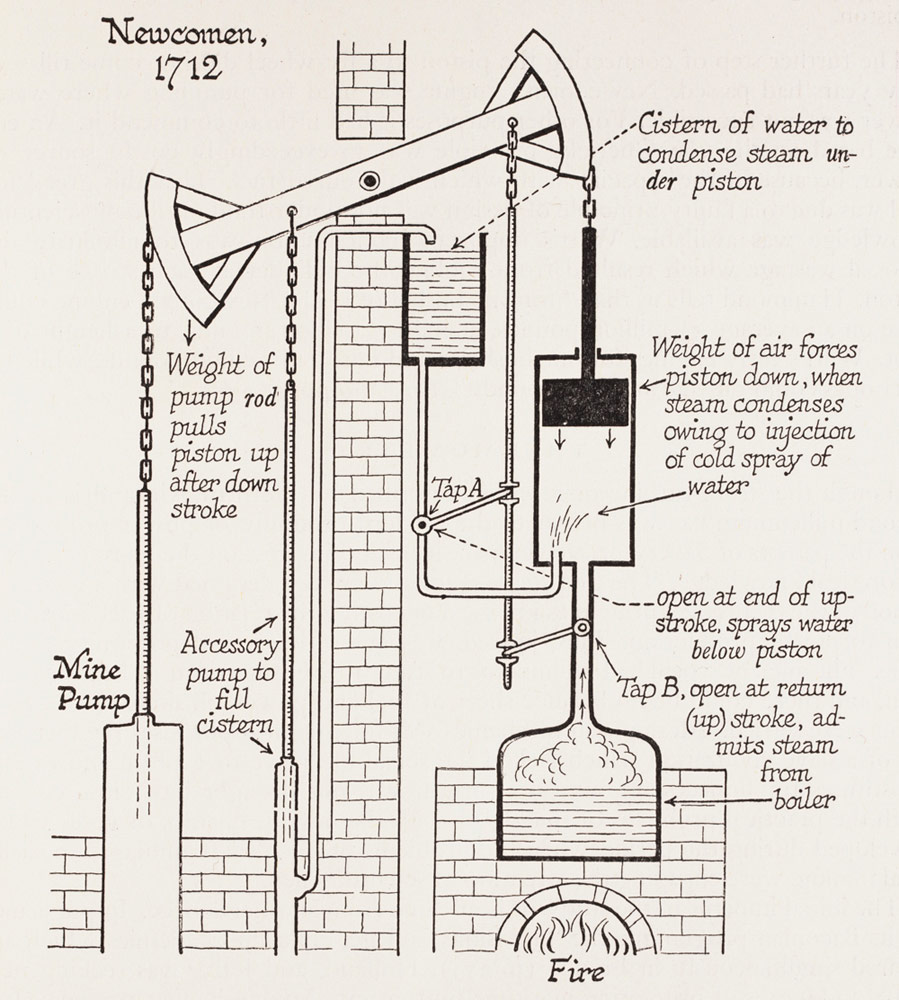  ] .right-column[ Harrison's clocks, and much of the British chronometer trade, were _craft_ objects (made by hand) Many of the tooling techniques that would come to dominate production were heavily linked to armament production A key feature of chronometers - tolerance - is pervasive in the machine-age. Steam engines required precision manufacture with tolerance of imperfection an order of magnitude lower than the systems that preceded them. Low tolerance weapons are more lethal ] ??? /// --- # Standardised Warfare .pull-left[ 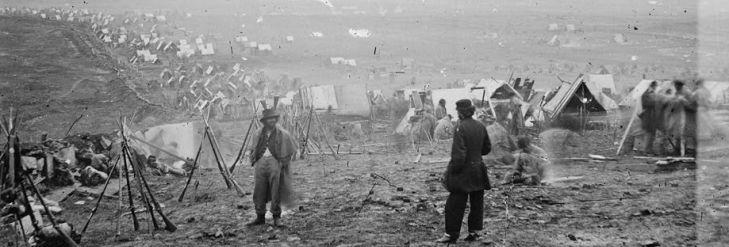 A dividing line in war to consider is the transition from craft to machine production ] .pull-right[ 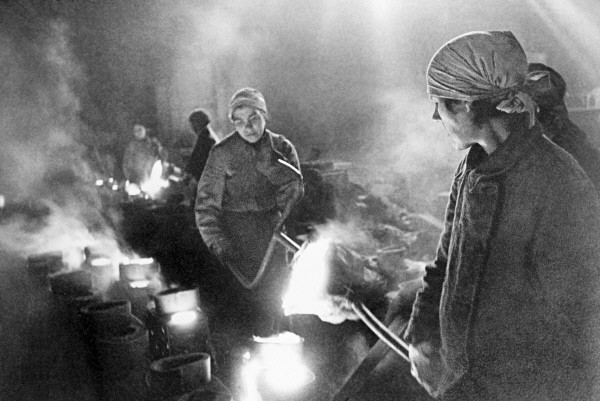 ] ??? /// --- # Time, Distance, and Empire .pull-left[ 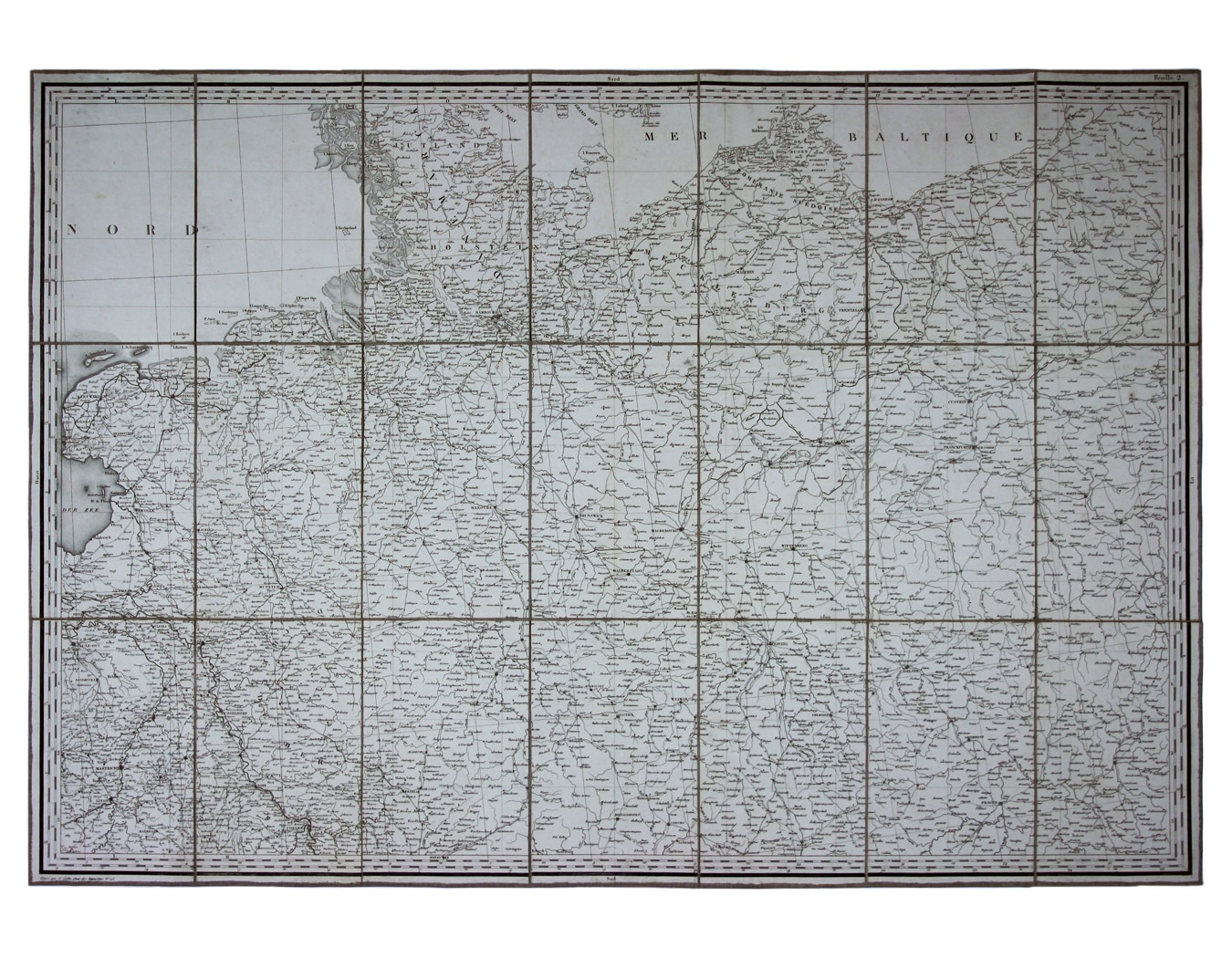 ] .pull-right[ Increasing the accuracy and predictability of possible spatial/temporal knowledge enables new forms of warfare on land and at sea Key texts on war/warfare are written during the Newtonian era of mechanics Nomads don't make machines! ] ??? /// --- # Precision, Order, and Legibility .pull-left[ > In charting the mobilization of vision for increasingly remote projections of military forces, we can distinguish four orders of targeting: aiming, ranging, tracking, and guiding. Antoine Bousquet, _The Eye of War_ ] .pull-right[ 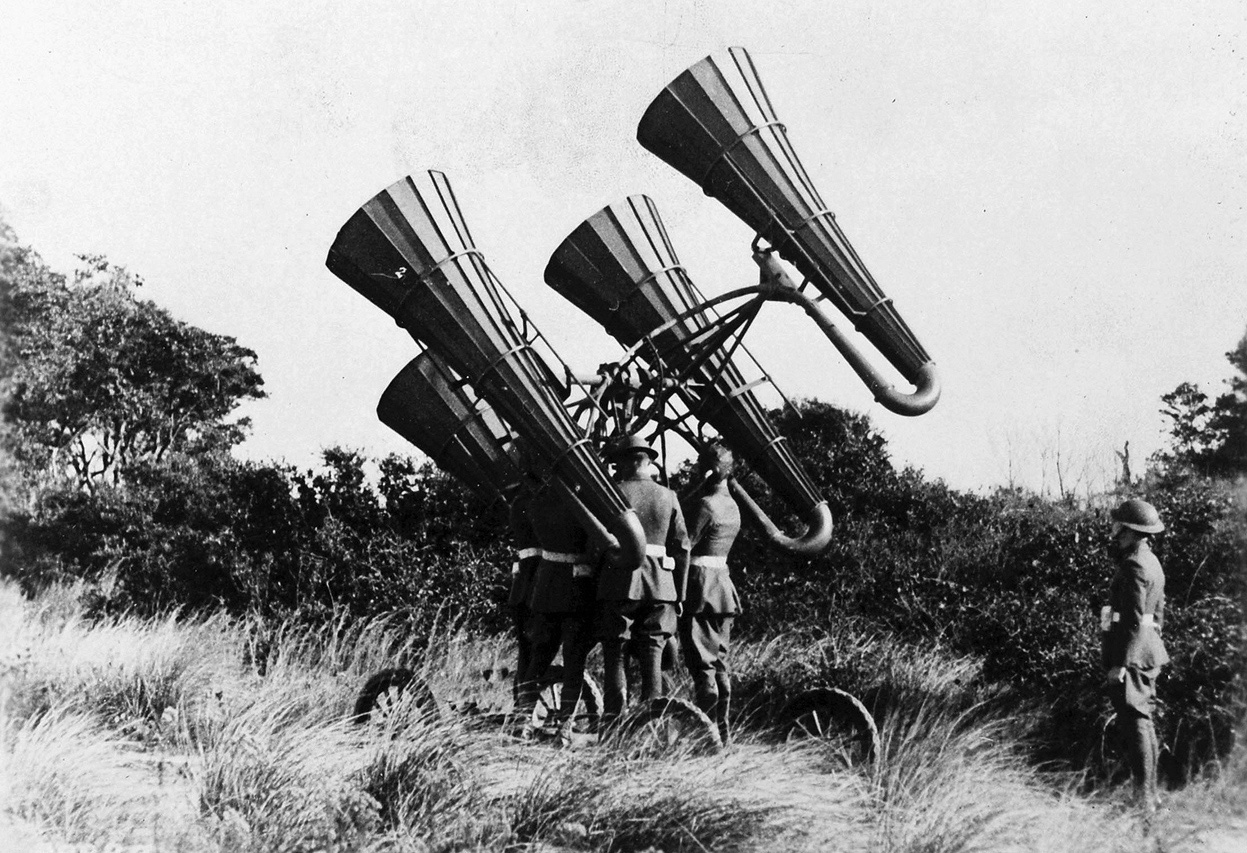 ] ??? /// --- # Post-Clockwork Warfare .left-column[ 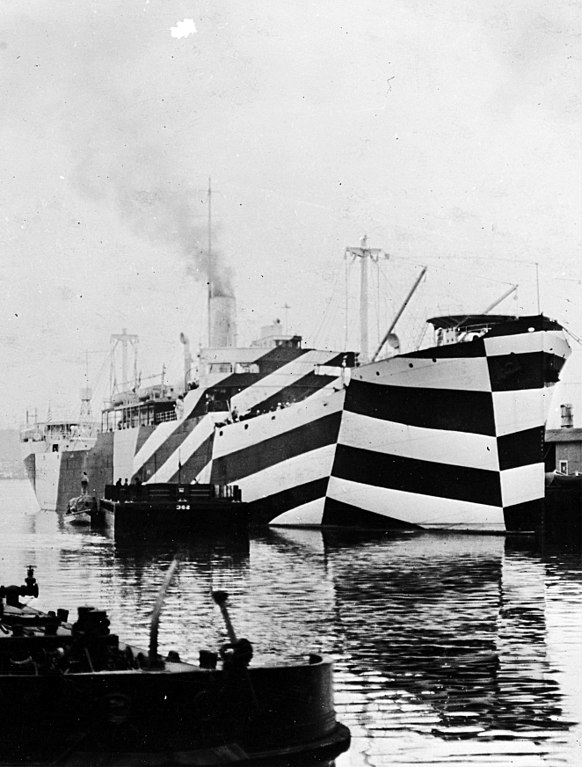 ] .right-column[ .medium[ > ...the study of strategy has been relegated to a secondary position in the international security subfield and marginalized in IR theorizing. One important source of this disconnect is the challenge mounted by critical security advocates, who sought to reorient the study of security away from strategic studies. They reached into the philosophy of science and pulled out three familiar dichotomies — rationalism/constructivism, materialism/idealism and problem-solving/critical theorizing. They use these to argue that strategic studies leaves out too much of what is really important for security and world politics because it is rationalist, materialist, and retains an uncritical view of knowledge production Pascal Vennesson, _Is Strategic Studies Rationalist, Materialist, and A-Critical?_ ] ] ??? https://academic.oup.com/jogss/article/doi/10.1093/jogss/ogz032/5535553/ --- class: inverse # Questions?